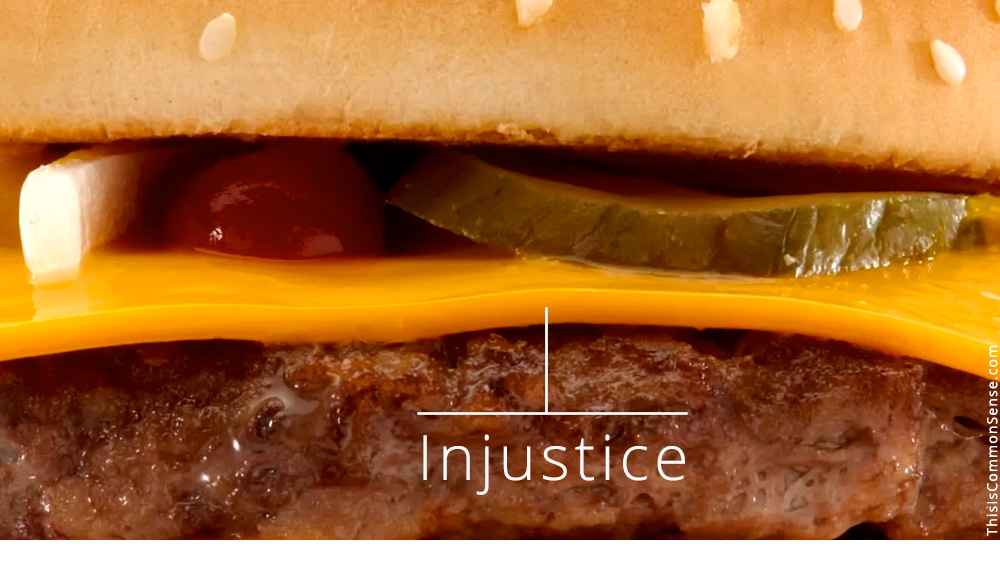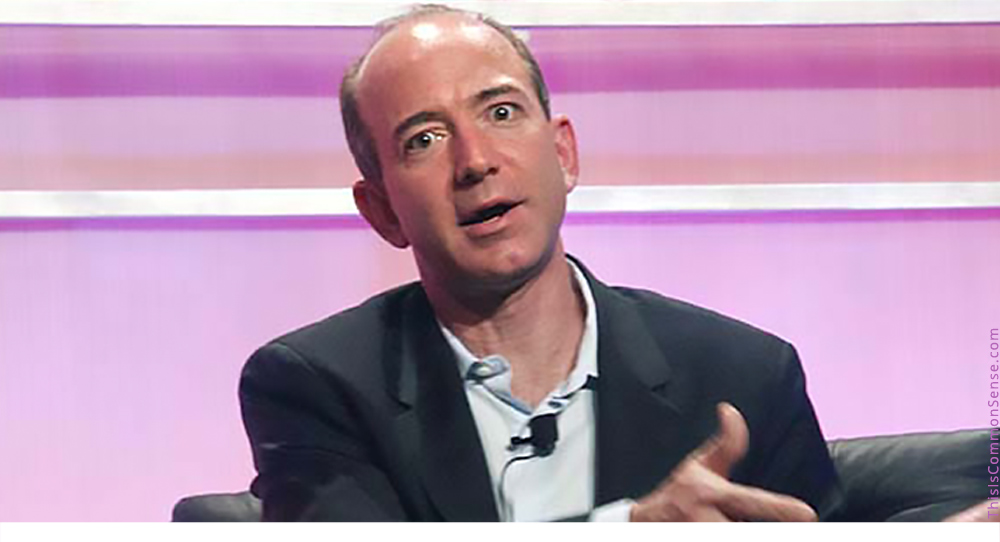In South Florida, two McDonald’s customers are suing the fast food behemoth for charging them for cheese they say they do not want.
“According to a class-action lawsuit filed in Fort Lauderdale federal court on May 8,” informs the Miami Herald, “Cynthia Kissner, of Broward County, and Leonard Werner, of Miami-Dade, say they have had to pay for cheese they don’t want on their Quarter Pounder sandwiches.”
Before you upchuck every last greasy, chemical-infused/extra-beef morsel of this story, let’s look at the facts:
The Quarter Pounder went national in 1973.
The fast-food franchise used to charge extra for the cheese.
But “at some point” the junk food purveyor stopped “separately displaying these products for purchase on menus.” These days, only the Quarter Pounder with Cheese and the Double Quarter Pounder with Cheese are listed.
McDonald’s joints in Florida, at least, provide no discount for removing the cheese.
Rip-off, say these two customers. How big? A $5 million injury!
That’s what they are suing for.
It’s mad. The lawsuit, that is. You are not entitled to set the pricing and menu policies of stores you do not own.
In a celebrated analysis of loyalty in markets, an economist revealed that consumers have a continuum of options, including “voice” and “exit.”
“Voice” is what you express when you argue your case in a family or a democracy — and fast food provisioners. Decent people will, if disgruntled, choose “exit,” driving down the street to a Wendy’s.
McDonald’s could rightly charge extra for withholding the cheese.
That it doesn’t do so? Chalk it up to savvy.
This is Common Sense. I’m Paul Jacob.











